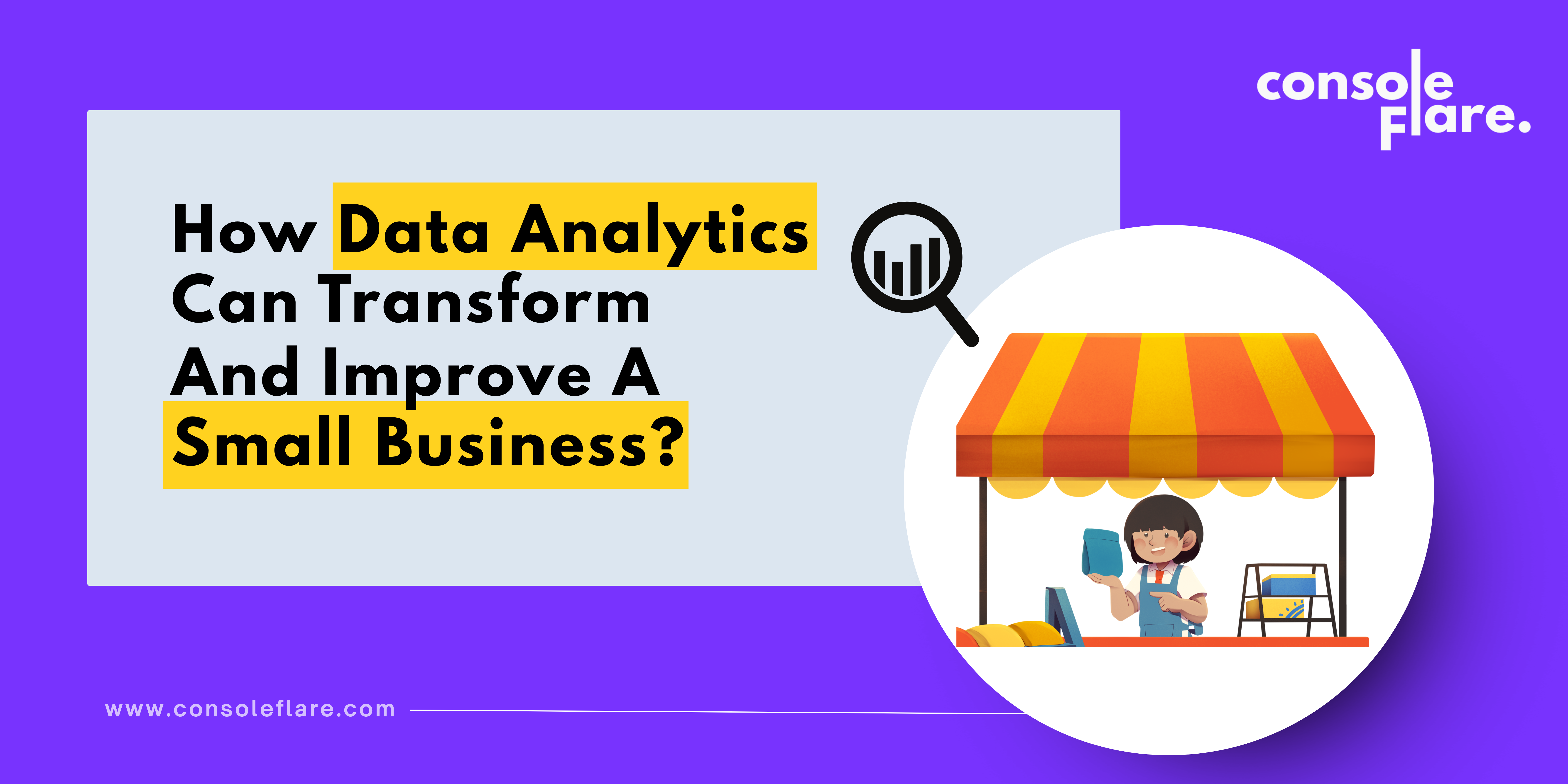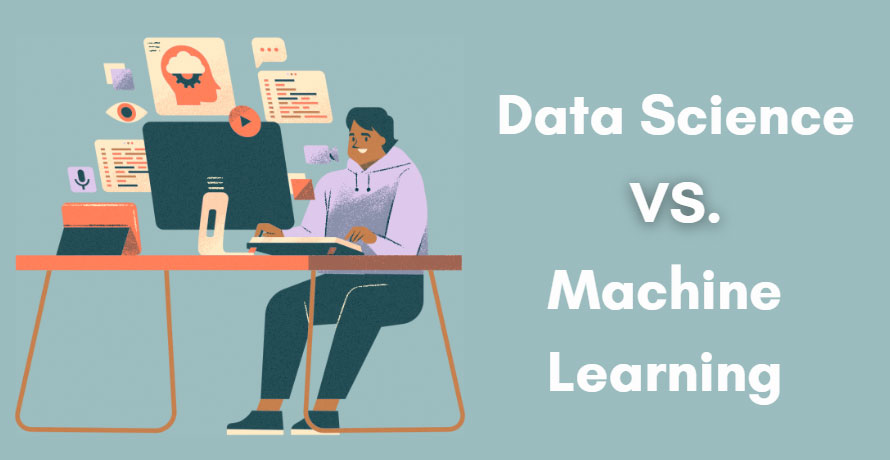In today’s competitive market, data analytics is no longer just for large corporations. Small businesses can also leverage data to make smarter decisions, improve operations, and better serve their customers. With the right approach, data analytics empowers small business owners to uncover insights that drive growth, reduce costs, and increase profitability.
What Is Data Analytics?
Data analytics is the process of examining datasets to extract valuable insights. By analyzing historical and real-time data, businesses can identify patterns, monitor performance, and make evidence-based decisions. For small businesses, this can mean the difference between intuition-led decisions and strategic, data-informed actions that fuel success.
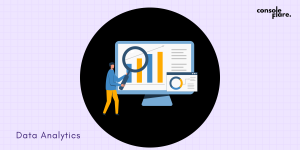
Why Data Analytics Matters for Small Businesses?
Small businesses often operate with limited resources, making it crucial to invest wisely. Data analytics helps by:
- Understanding customer preferences and behavior
- Identifying high-performing products or services
- Pinpointing operational inefficiencies
- Improving customer retention and acquisition
- Enhancing marketing strategies and targeting
By turning raw data into actionable insights, small businesses can stay competitive in a fast-changing environment.
Types of Data Analytics
- Descriptive Analytics: Summarizes historical data to understand what has happened in the business (e.g., monthly sales reports).
- Diagnostic Analytics: Explores the reasons behind certain outcomes (e.g., why sales dropped in a particular region).
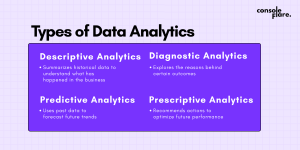
- Predictive Analytics: Uses past data to forecast future trends (e.g., predicting seasonal demand for products).
- Prescriptive Analytics: Recommends actions to optimize future performance (e.g., suggesting the best marketing channel to use).
Each type of analysis offers different insights, helping small business owners take both reactive and proactive steps.
Where Can Small Businesses Apply Data Analytics?
Data analytics can improve multiple business functions:
- Customer Relationship Management (CRM): Track customer interactions and tailor communication.
- Marketing and Sales: Analyze campaign performance and optimize targeting.
- Inventory and Supply Chain: Monitor stock levels and improve procurement.
- Financial Planning and Budgeting: Identify trends in revenue and expenses.
- Human Resources: Analyze staff performance and improve hiring processes.
- Website and E-commerce: Understand user behavior and increase conversions.
When applied effectively, analytics streamlines business operations and supports strategic planning.
Setting Clear Objectives
To get the most from data analytics, small business owners should set specific goals. Examples include:
- Increasing sales by 70% in five months
- Reducing customer churn and identifying root causes
- Enhancing marketing strategies to better target high-value customers
Clear objectives ensure the data analysis process remains focused and aligned with business priorities.
Collecting Data from the Right Sources
Effective analysis starts with quality data. For small businesses, key data sources include:
- Google Analytics (website and user behavior)
- CRM tools (customer data and sales history)
- Point-of-Sale (POS) systems (transaction data)
- Social media platforms (engagement metrics)
- Customer feedback and surveys
- Email marketing platforms (campaign performance)
- Accounting software (financial data)
Integrating data from multiple sources creates a comprehensive view of business performance.
Customer Behavior Analysis
Analyzing customer behavior helps businesses understand:
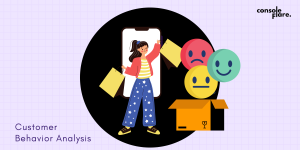
- Which products are in high demand
- When and how customers make purchases
- Which types of customers prefer specific products or services
- Lifetime value and likelihood of churn
This insight allows businesses to personalize marketing efforts, launch successful products, and improve customer satisfaction.
Improving Sales Performance
Sales data analysis helps identify:
- Best-selling and underperforming products
- Sales trends by region or time period
- Buying habits and seasonal patterns
Armed with this information, businesses can make informed inventory, pricing, and promotional decisions to maximize revenue.
Enhancing Customer Service
Customer satisfaction is critical to business growth. Data analytics helps small businesses:
- Identify common customer issues or complaints
- Track response time and resolution rates
- Personalize support based on customer history
By addressing customer pain points promptly, businesses can build stronger relationships and improve retention.
Creating Dashboards and Reports
Dashboards provide real-time visibility into key business metrics. With the help of data analysts, small businesses can:
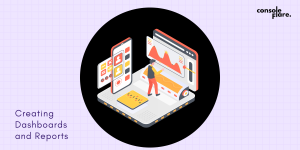
- Visualize performance through charts, graphs, and KPIs
- Track progress toward business goals
- Generate automated reports for weekly or monthly reviews
Easy-to-understand dashboards empower business owners to make quicker, more confident decisions.
Data Privacy and Ethical Considerations
While collecting and using data, small businesses must also ensure:
- Compliance with data protection regulations (e.g., GDPR)
- Secure storage of customer information
- Transparency in how data is collected and used
Respecting customer privacy builds trust and protects businesses from legal risks. Data should never be shared or sold without explicit consent.
Conclusion
Data analytics has become an essential tool for businesses of all sizes. For small businesses, it offers a competitive edge by enabling smarter decisions, deeper customer insights, and improved operations. As the digital world evolves, so does the need for professionals who can analyze and interpret data effectively.
If you’re considering a career in data analytics, Console Flare provides industry-relevant training with hands-on experience using real datasets. Learn from expert mentors, master essential tools like Excel, Power BI, Python, and SQL, and receive strong placement support to launch your career in the fast-growing field of data analytics.
For more such content and regular updates, follow us on Facebook, Instagram, LinkedIn


